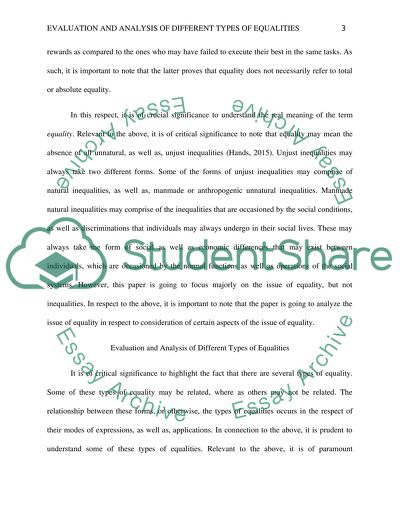Cite this document
(“Analyse and explain different types of equality by referring to the Essay”, n.d.)
Analyse and explain different types of equality by referring to the Essay. Retrieved from https://studentshare.org/social-science/1699742-analyse-and-explain-different-types-of-equality-by-referring-to-the-debates-on-them
Analyse and explain different types of equality by referring to the Essay. Retrieved from https://studentshare.org/social-science/1699742-analyse-and-explain-different-types-of-equality-by-referring-to-the-debates-on-them
(Analyse and Explain Different Types of Equality by Referring to the Essay)
Analyse and Explain Different Types of Equality by Referring to the Essay. https://studentshare.org/social-science/1699742-analyse-and-explain-different-types-of-equality-by-referring-to-the-debates-on-them.
Analyse and Explain Different Types of Equality by Referring to the Essay. https://studentshare.org/social-science/1699742-analyse-and-explain-different-types-of-equality-by-referring-to-the-debates-on-them.
“Analyse and Explain Different Types of Equality by Referring to the Essay”, n.d. https://studentshare.org/social-science/1699742-analyse-and-explain-different-types-of-equality-by-referring-to-the-debates-on-them.


